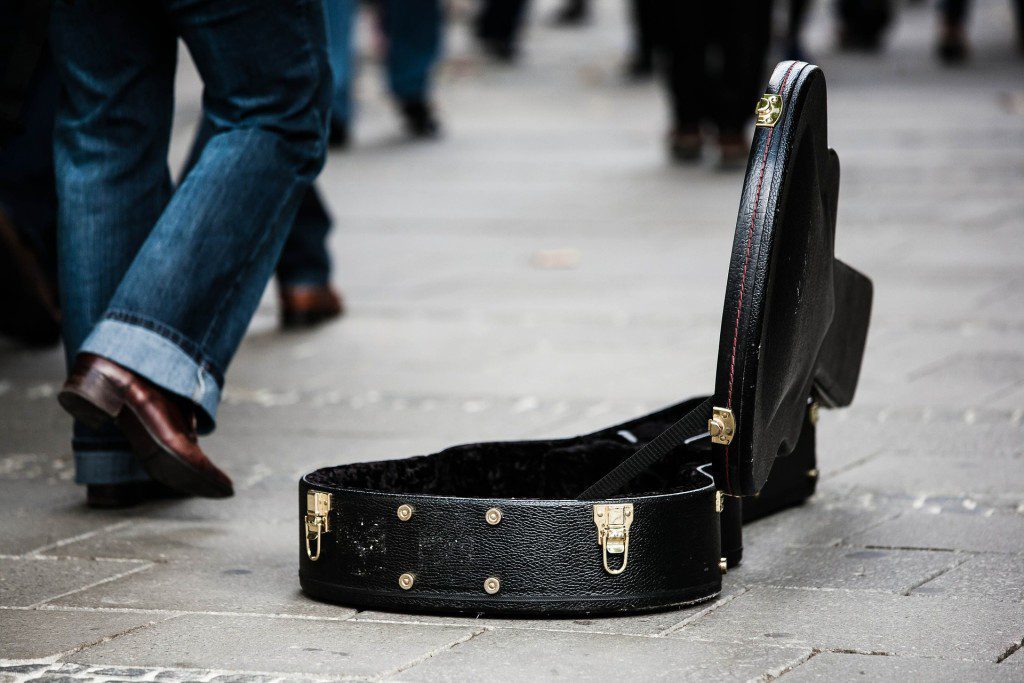There are few industries more associated with a love of the job than performance and the arts. Young (and slightly less young) actors, designers and creatives will often work for little (or more likely no) money in order to build their reputation, portfolio and status, while directors and writers can near bankrupt themselves getting a creative vision seen. But how do you solve a problem like wages in the arts and put money (not moonbeams) in the hands of arts professionals?
It’s a topic practically as old as the profession itself, but with plans to abolish the Class 2 National Insurance bracket, it’s an issue that has special pertinence in 2016. Performance and theatre professionals are set to face a 500% increase in National Insurance payments with the abolishment of the voluntary payment option, which currently allows those who earn less than £5,965 to pay just £2.80 a week and contribute to their state retirement pension, employment and support allowance, maternity allowance and bereavement benefits. With the abolishment of the category, the same professionals on the same wage will have to pay £14.10 a week for the same services – an increase of £587 per year.
It’s a difficult topic to explore and one that never seems to resolve itself. While the industry can seem one of two halves – those who have and those who haven’t – even the most seemingly affluent of organisations are facing issues. Choristers from the ENO recently voted to take strike action after plans by the organisation proposed a 25% pay cut for the singers, as well as the loss of four jobs from the choir in a bid to cut costs by £900,000. Regardless of the size and prestige of the institution, cuts and funding issues face even the most established of professionals and it feels like something has to give to make this change.
One solution, proposed by Leda Green in The Guardian last year, was perhaps the most controversial – performers and stage creatives needed to understand that a second job was a necessity in order to work within the industry and not something that signified ‘failure’, but instead vital to ensure the UK’s diverse arts scene flourished. However, with over £7.7 billion pounds contributed to the UK economy from the arts and a return of £7 for every £1 spent, this still seems unfair. Perhaps, it’s time to reconsider the amount of funding given to institutions and how we go about distributing opportunities out – there are some fantastic organisations out there (a few of which we touched on a few weeks ago) and we’re fully behind more of them popping up to help professionals progress in their careers.
We, unfortunately, don’t have all the answers on how to transform the situation overnight and solve the ever-pertinent issue of making sure everyone is paid correctly. We are, however, there to fully support everyone in the arts however we can, to make sure the industry is appreciated and its workers are financially secure. The arts contributes over £7.7 billion to the economy every year, it’s about time the economy found a way to thank artists and professionals for this and contributed back.
